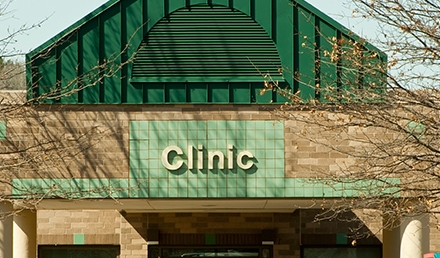The more time physicians spend dealing with electronic health record systems, the less money they make and the less time they have for providing care directly to patients, according to new data published in Health Affairs. The article says about half the time physicians spend working in EHR is during patient encounters. The other half of the time—when they’re not with patients, in other words—their time working within the EHR goes uncompensated, essentially. The authors …
Read More



